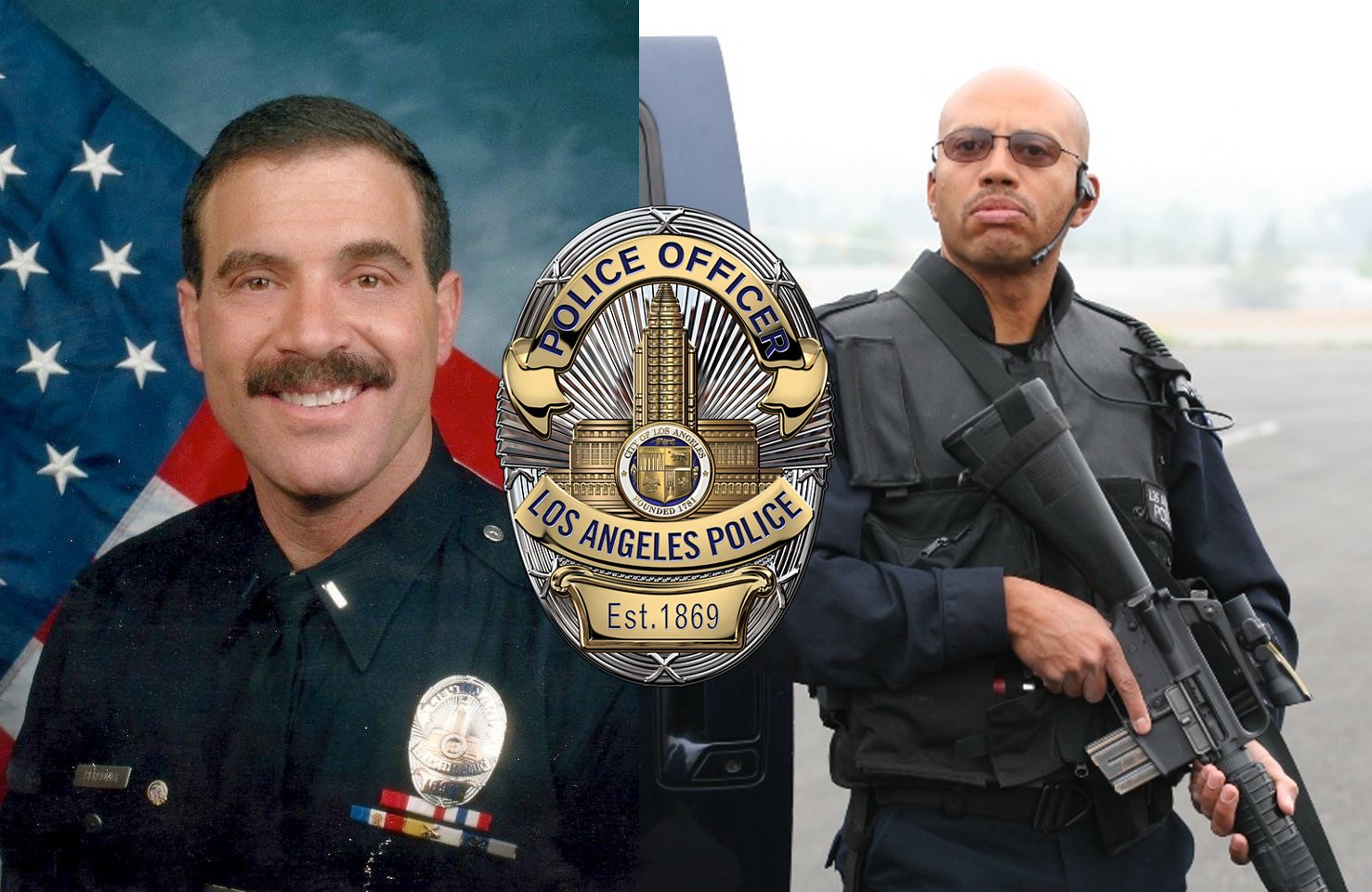
Retired LAPD Officers Adam Bercovici, left, and Stuart Guidry.
Since video emerged of former Minneapolis Police Officer Derek Chauvin killing George Floyd, nationwide protests have pushed criminal justice reform to the forefront of American politics.
On Monday, Democrats in Congress introduced the The Justice in Policing Act of 2020. The bill would mandate squad video cameras and officer body cameras to be used on the federal level and mandate that state and local police use their federal funding to outfit their organizations with body cameras.
It would also ban chokeholds and no-knock warrants, make it easier to charge officers with civil rights violations, and withhold federal funding from police departments that don’t prioritize the reforms.
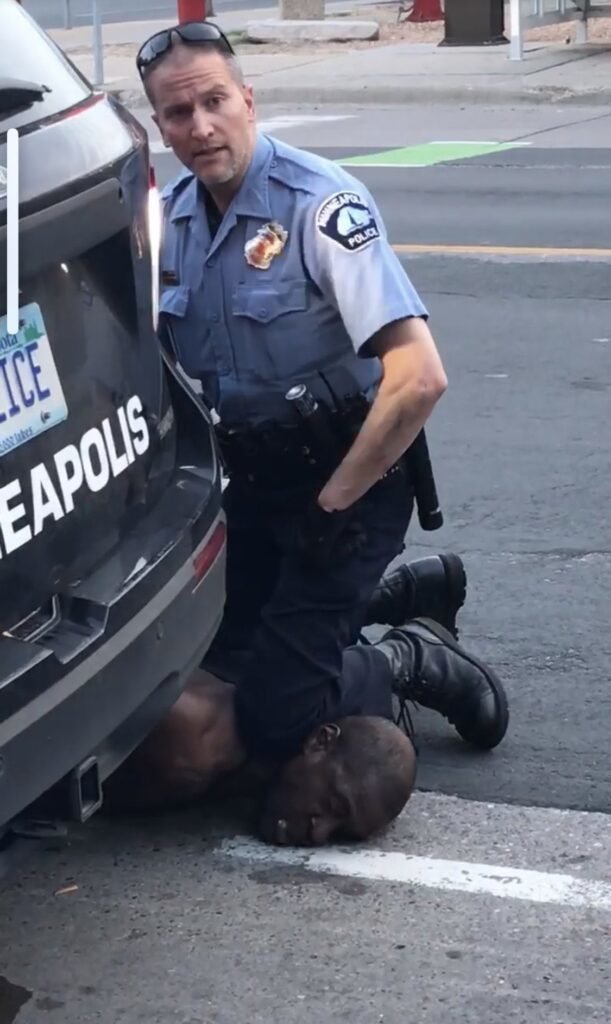
The bill would make lynching a federal crime, limit the transfer of military-grade equipment to state and local police, and would grant the Department of Justice Civil Rights Division rights to subpoena personnel for investigations. It would also establish a grant for attorneys general to establish authority and enable them to make independent investigations into flawed police departments. In conjunction with the enhanced ability to investigate police departments, there would be a “national police misconduct registry,” which is a national database of complaints against police that would prevent fired officers from applying to other departments.
At the local level, many municipalities across the country are reallocating funds and resources away from police departments and into other services.
Amidst the backdrop of these unprecedented initiatives, Coffee or Die spoke with two seasoned Los Angeles Police Department veterans to get their thoughts on criminal justice reform and what can be learned from Floyd’s death.
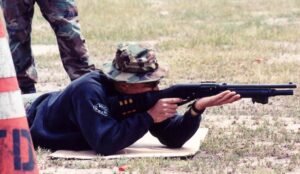
Stuart Guidry served in the LAPD for 30 years. Guidry, a black man, said Chauvin’s actions were either a result of poor training, sadism, or both.
“It makes me wonder, what kind of training program they have and how often they are getting trained,” he said. “It seems like something is wrong in their training.”
Guidry said that putting a knee on someone’s neck the way Chauvin did makes no tactical sense. “It seemed sadistic, like he was just trying to hurt the guy,” he said.
Guidry added that any use of force, even when correctly applied, is often shocking to the average citizen.
“You’re using physical force against another person who in most cases is trying to avoid being arrested,” he said, adding that improving and streamlining training standards for use of force should be a goal for reform.
“In the United States, we don’t give officers enough training and enough continued training,” he said. “You can’t train an officer on perishable skills and not repeat the training. I think there’s definitely a need to make sure every police department in the nation has standardized tactics and use-of-force techniques.”
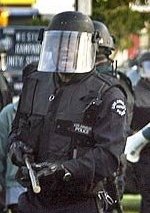
Guidry added that medical training and standardized procedures for when and how to apply life-saving first-aid would help decrease in-custody deaths. He said another important goal for reform should be to increase the representation of people of color in leadership positions within law enforcement agencies.
“Especially large cities that have large black populations,” he said. “There’s not enough representation in the police department.”
Guidry said that police need to receive training on unconscious bias so they can account for and mitigate it and better relate to the communities they serve.
“I’ve been stopped and harassed by officers from my own department,” Guidry said, adding that it’s extremely frustrating that his own coworkers demonstrated racist behaviors, whether intentional or not.
Guidry said he believes these steps would help decrease police brutality and in-custody deaths. However, he said some level of unconscious bias and prejudice will always remain.
“There is always going to be ignorant people from all races and colors,” he said. “It’s just ignorance. It’s always going to be there.”
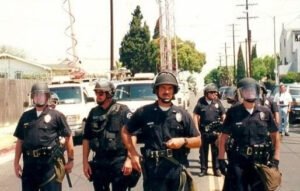
Adam Bercovici served with the LAPD for 30 years. He is a subject matter expert on the use of force and often testifies in court cases dealing with police use of force.
“The job of the police is to protect life, property, and maintain order. And it’s not an unreasonable task,” he said. But policing massive protests and riots can become tricky when it comes to those principles, according to the retired LAPD officer.
Bercovici agrees with Guidry’s assertion that average citizens tend to perceive any use of force negatively, but he said despite those perceptions, use of force is often necessary for police officers to do their jobs. He added that the application of excessive force is always wrong and police who use it should be held accountable.
Bercovici said he disagrees with using military members to quell protests and riots and that it’s the job of law enforcement to handle this situation.
“We need training, and we need people to be held accountable,” he said. “We need better leadership in law enforcement. Training means embracing communities and understanding the cultural divide. I think what happened to George Floyd was terrible. It was an absolute abomination. There’s no need for that technique. You don’t need to kneel on somebody’s neck.”
Seattle officer puts his knee on the neck an apprehended looter, prompting anger from the crowd. Another officer listened & physically pulled his partner's knee off the neck. We need more cops like him. pic.twitter.com/Q6W4LkqkAc
— Ronasce (@Ronasce_P) June 1, 2020
Bercovici pointed to a video that surfaced on social media showing two officers arresting a rioter. One of the officers had his knee on the man’s neck, but the other officer physically removed his partner’s knee from the person’s neck shortly after they initiated the take down of the suspect.
“Taking someone into custody isn’t a perfect science,” Bercovici said. “Maybe in the heat of the moment the officer didn’t realize his knee was on the person’s neck. The difference from George Floyd’s death is these two cops had mutual respect and accountability and prevented another disaster.”
Bercovici said he believes Chauvin may have been emboldened by a lack of accountability within his department.
“This was a standard operating procedure for him,” he said.
Bercovici said the LAPD uses an internal system similar to a military court martial to maintain accountability within its ranks. Police commanders and civilians serve on a Board of Rights and adjudicate cases of officers who have complaints against them. LAPD also has deep cover sergeants that surveil dirty cops to build cases against them, and the boards have the power to terminate an officer’s employment or take officers off the streets so they have no contact with the public. Bercovici said all departments should have a similar system.
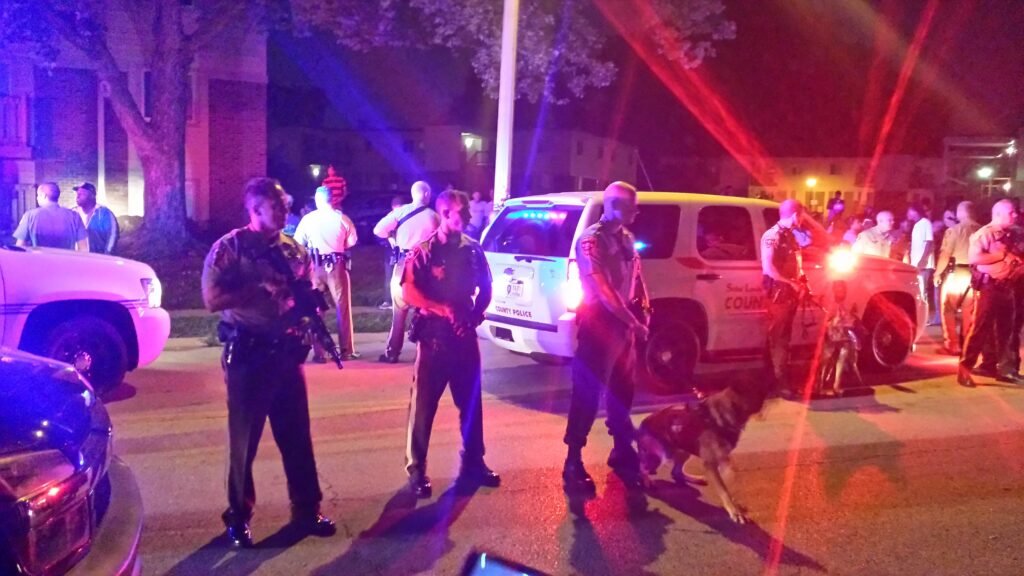
Bercovici echoed Guidry’s belief that nationwide training standards are vital for criminal justice reform. He pointed to the shooting of Michael Brown by former Ferguson, Missouri, police officer Darren Wilson as an example of how standardized training might have prevented the use of deadly force. Bercovici said he was asked to look into this case in an official capacity, and while the officer-involved shooting was ruled a good shoot, Bercovici believes the situation never should have escalated to the point it did.
If Wilson had been trained properly, Bercovici said, he would never have confronted Brown while remaining in his squad car, which trapped him in a bad position with a large male who could overpower him.
“You never confront a suspect while seated in a car,” he said. “Bad training led to Michael Brown’s death.”
Bercovici said he believes standardization and improved training would substantially reduce instances of excessive force and in-custody deaths.
“Retraining the police and changing the culture of policing can be accomplished while still giving the police the ability to do their job of protecting life and property and maintaining order,” he said.
Editor’s note: The original version of this article indicated that Stuart Guidry served in LAPD for 24 years; it has been updated to reflect the correct length of his career in the LAPD, which was 30 years.
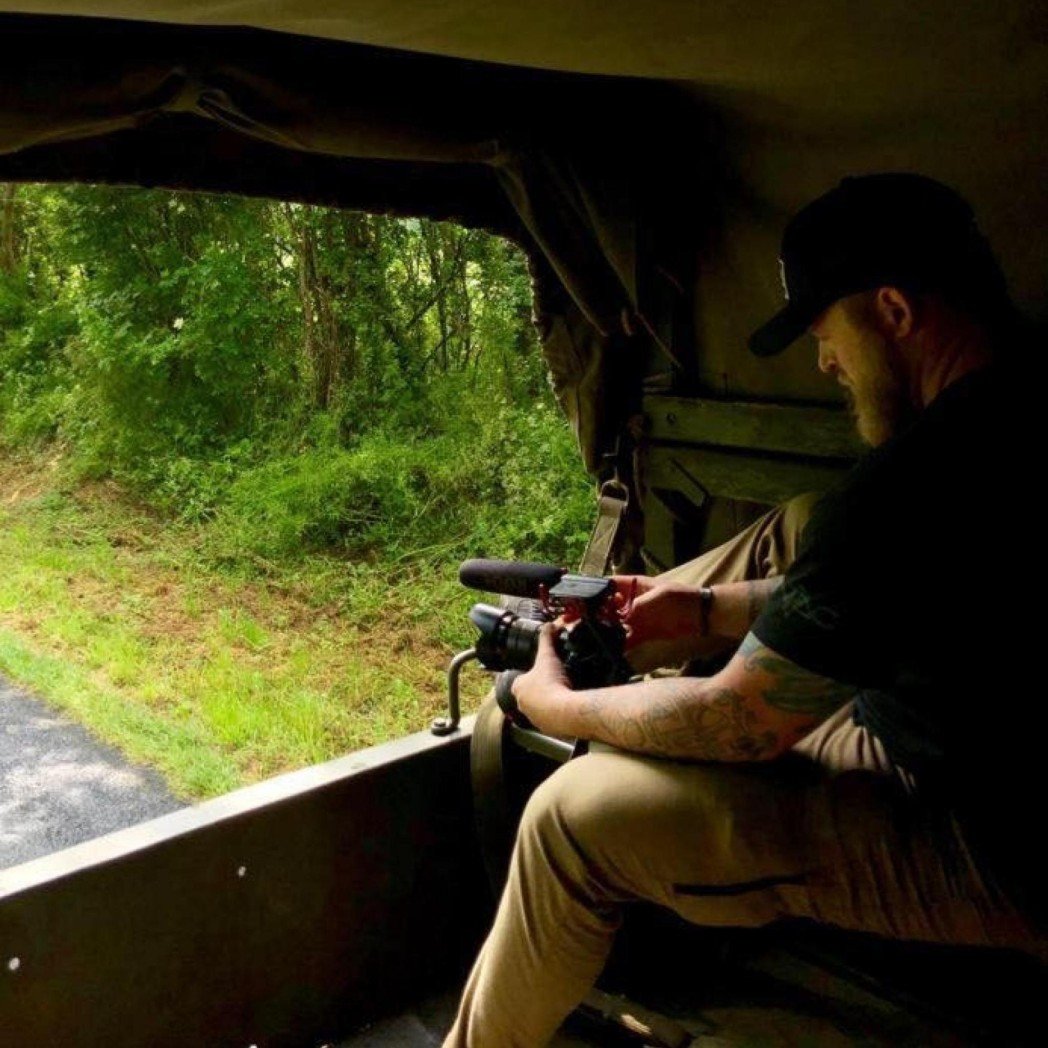
Joshua Skovlund is a former staff writer for Coffee or Die. He covered the 75th anniversary of D-Day in France, multinational military exercises in Germany, and civil unrest during the 2020 riots in Minneapolis. Born and raised in small-town South Dakota, he grew up playing football and soccer before serving as a forward observer in the US Army. After leaving the service, he worked as a personal trainer while earning his paramedic license. After five years as in paramedicine, he transitioned to a career in multimedia journalism. Joshua is married with two children.
BRCC and Bad Moon Print Press team up for an exclusive, limited-edition T-shirt design!
BRCC partners with Team Room Design for an exclusive T-shirt release!
Thirty Seconds Out has partnered with BRCC for an exclusive shirt design invoking the God of Winter.
Lucas O'Hara of Grizzly Forge has teamed up with BRCC for a badass, exclusive Shirt Club T-shirt design featuring his most popular knife and tiomahawk.
Coffee or Die sits down with one of the graphic designers behind Black Rifle Coffee's signature look and vibe.
Biden will award the Medal of Honor to a Vietnam War Army helicopter pilot who risked his life to save a reconnaissance team from almost certain death.
Ever wonder how much Jack Mandaville would f*ck sh*t up if he went back in time? The American Revolution didn't even see him coming.
A nearly 200-year-old West Point time capsule that at first appeared to yield little more than dust contains hidden treasure, the US Military Academy said.












